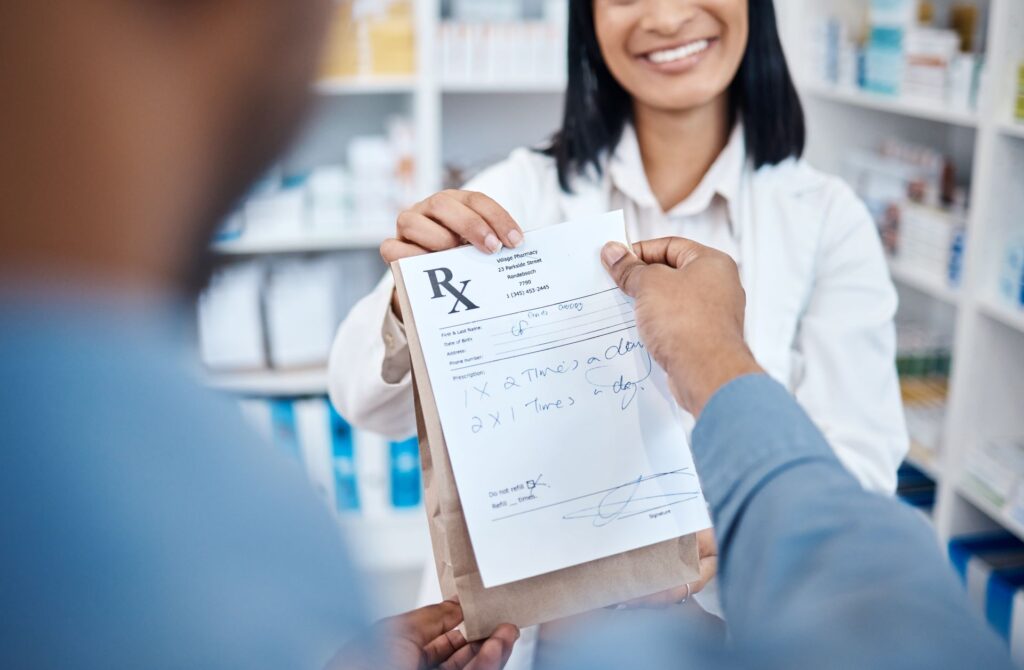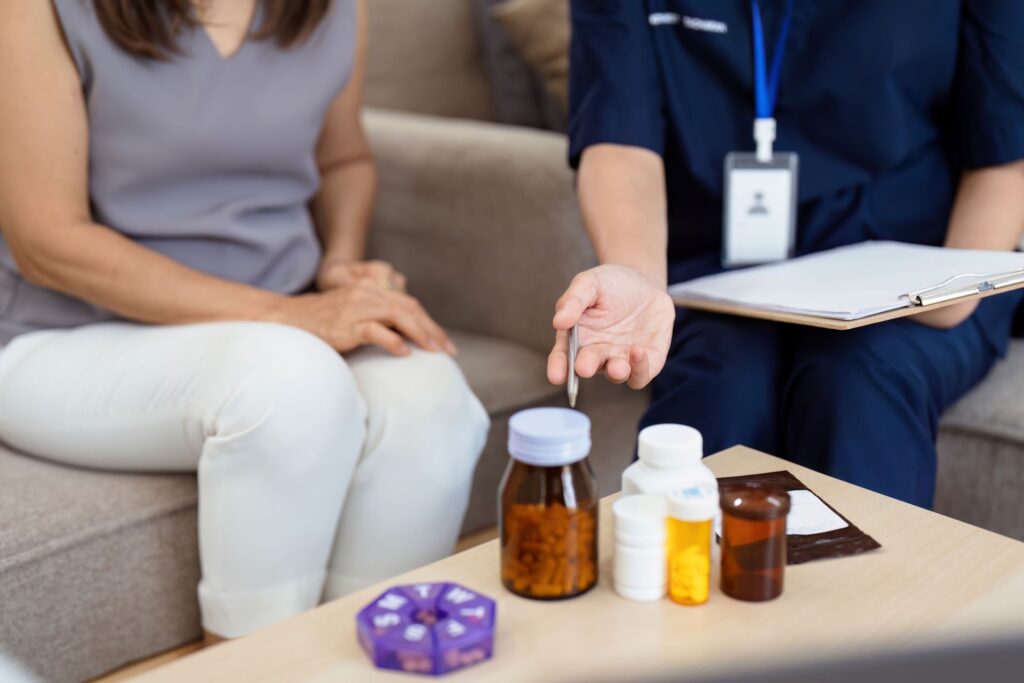Our office will be closed on Memorial Day – May 25, 2026
MAT is a combination of medication(s) that treat addiction and therapies including individual and/or group counseling. When used in combination, MAT patients are better able to meet their goals in life and health. Prairie Ridge offers all options available for MAT with patient-centered decision making and care.
For more information click on the button below:
Call 641-424-2391 to get in touch with a member of our clinical staff.


There are three medications approved to treat addiction, and Prairie Ridge offers patients a choice in the medication that will best meet their needs and help them to achieve their goals.
A partial opioid agonist available through our outpatient behavioral health practitioners.
A full opioid agonist only available through our Opioid Treatment Program (OTP).
Full opioid antagonist. Available in our outpatient behavioral health practitioners.